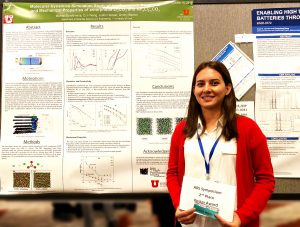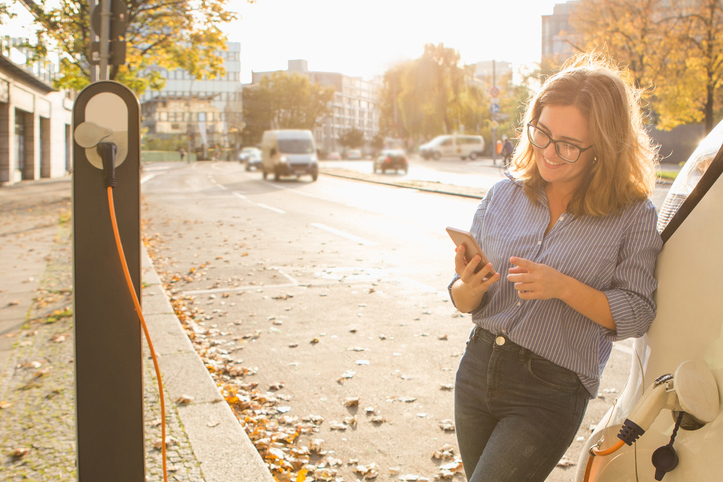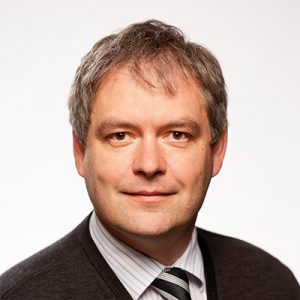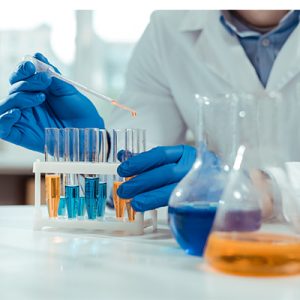 Application Deadline: January 15, 2020
Application Deadline: January 15, 2020
It’s hard to think about summer in the depths of winter, but summer will be here before you know it! The summer months can be a great time to further your career. You may be eligible for an ECS Summer Fellowship which supports graduate students from June through September who pursue work in a field of interest to The Electrochemical Society.
ECS has been offering summer fellowships since 1928. Today, as many as five recipients are selected annually to receive up to $5,000. Qualified applicants must be enrolled in a college or university, and be a member of ECS. Preference is given to activities that extend the scope of the applicant’s program of study such as tangential research topics or summer research at another institution. Review the candidate qualifications and award rules to see if you qualify!
If you meet the requirements, apply for an ECS Summer Fellowship today! ECS uses an electronic application system. The deadline is January 15, 2020. (more…)


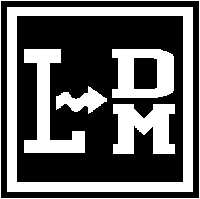 Nominations are due January 1, 2020
Nominations are due January 1, 2020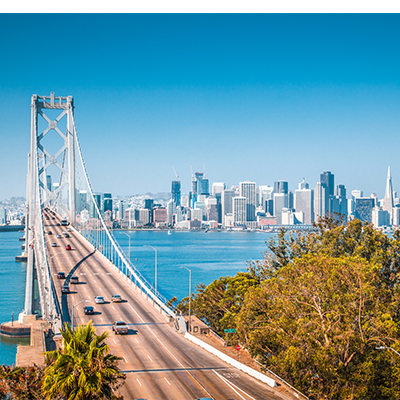 Join
Join 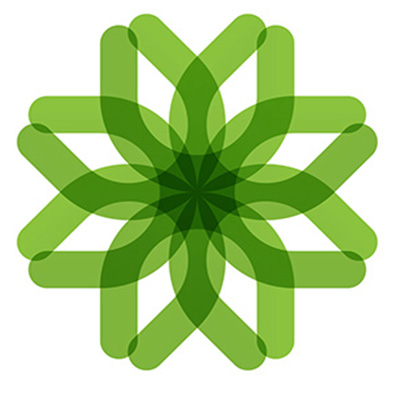 Proposal Submission Deadline: January 31, 2020
Proposal Submission Deadline: January 31, 2020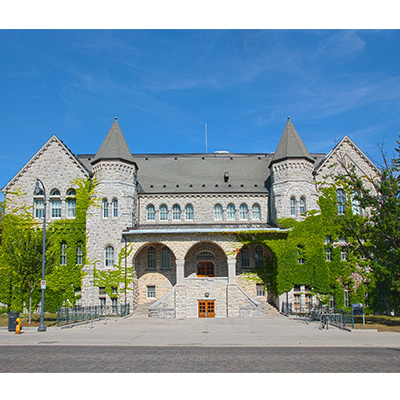 On Thursday, December 19, the
On Thursday, December 19, the 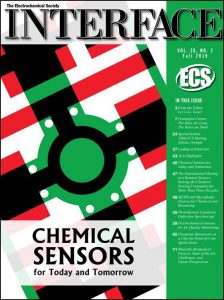 These are the 2020 updated deadlines and submission guidelines for division, section, and student chapter news to be considered for Interface.
These are the 2020 updated deadlines and submission guidelines for division, section, and student chapter news to be considered for Interface.
